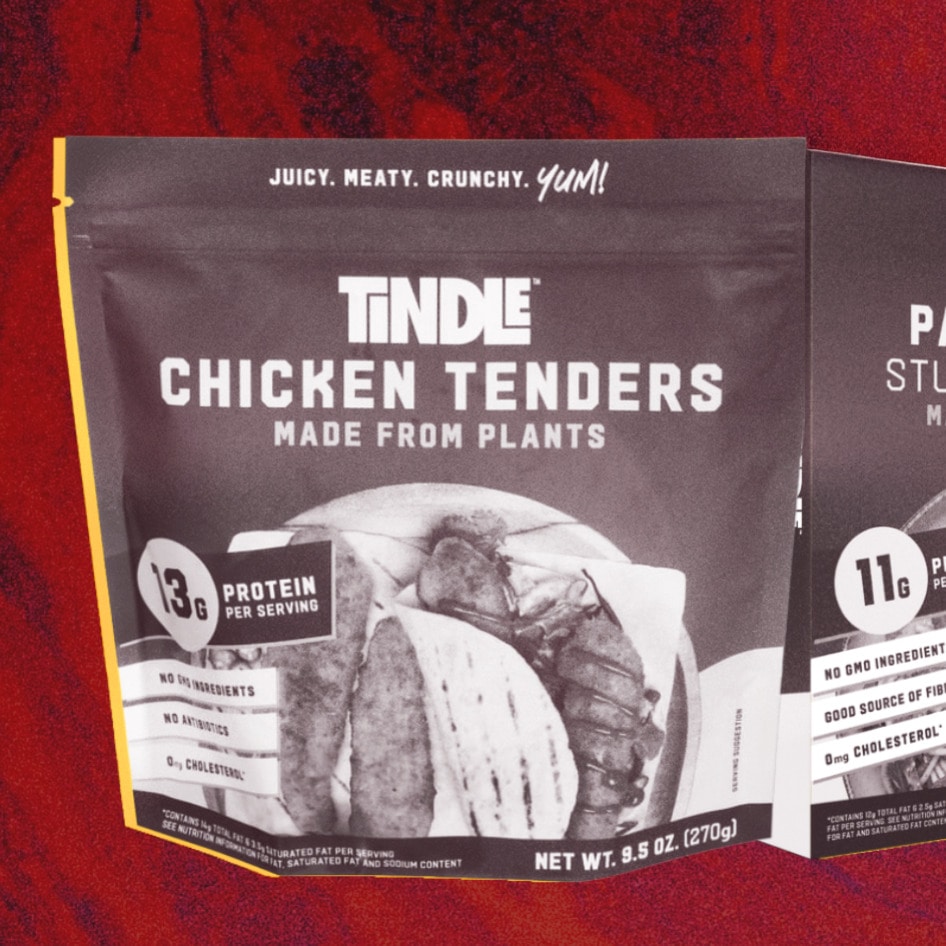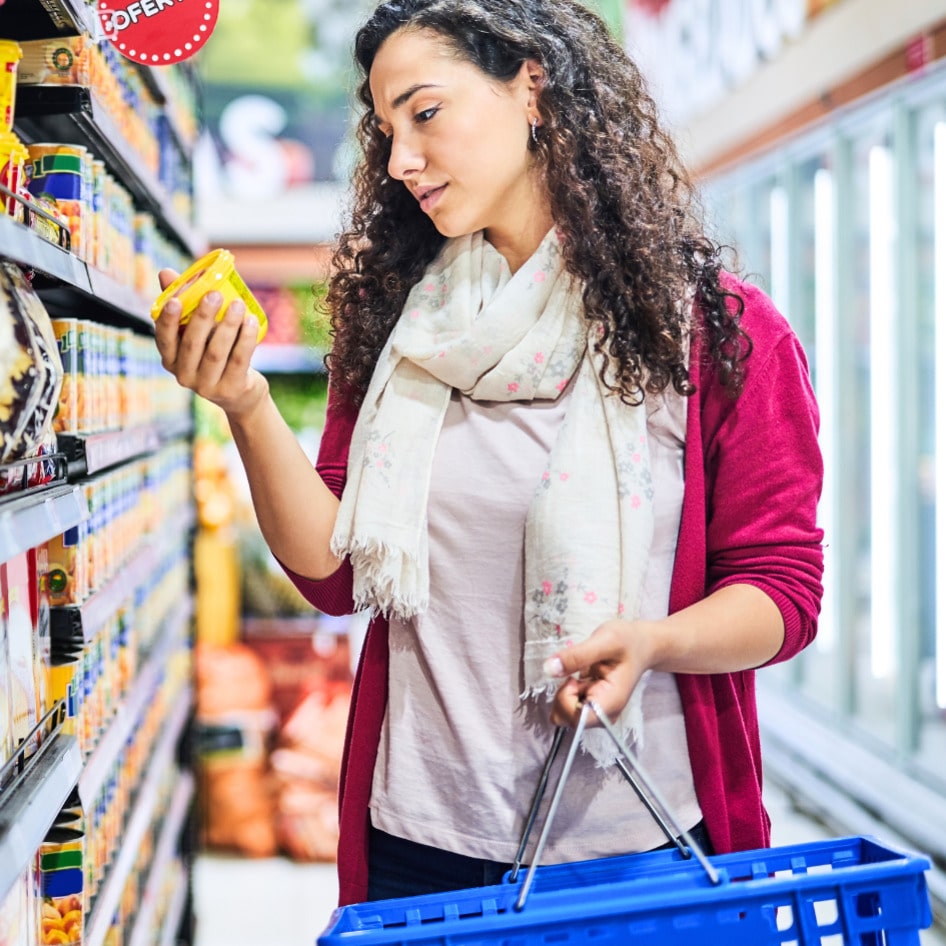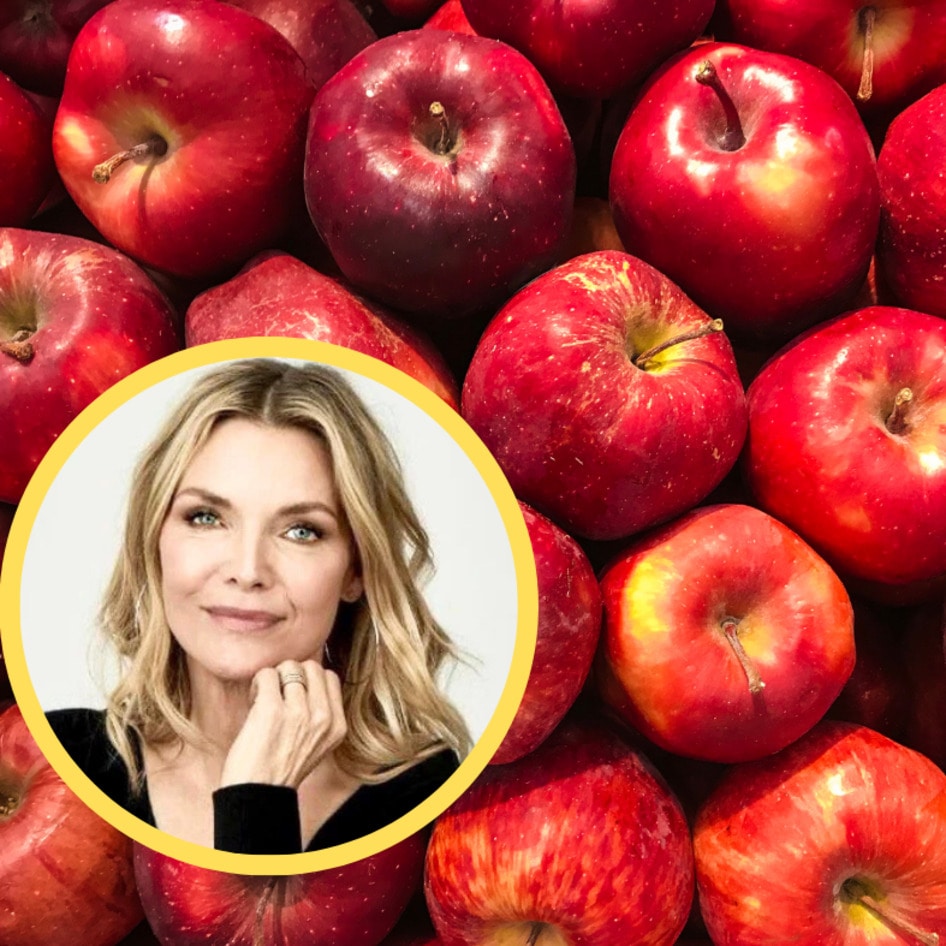A vote in Brussels, Belgium has set the stage for a sweeping shift in how vegan food might be labeled across the European Union (EU). The Parliament’s Committee on Agriculture and Rural Development recently backed a proposal from French MEP Céline Imart that would forbid meat-related words such as “steak,” “escalope,” “burger,” and “sausage” from appearing on plant-based products. The measure is part of a revision of the EU’s Common Market Organization Regulation and now heads to a full parliamentary vote this fall.
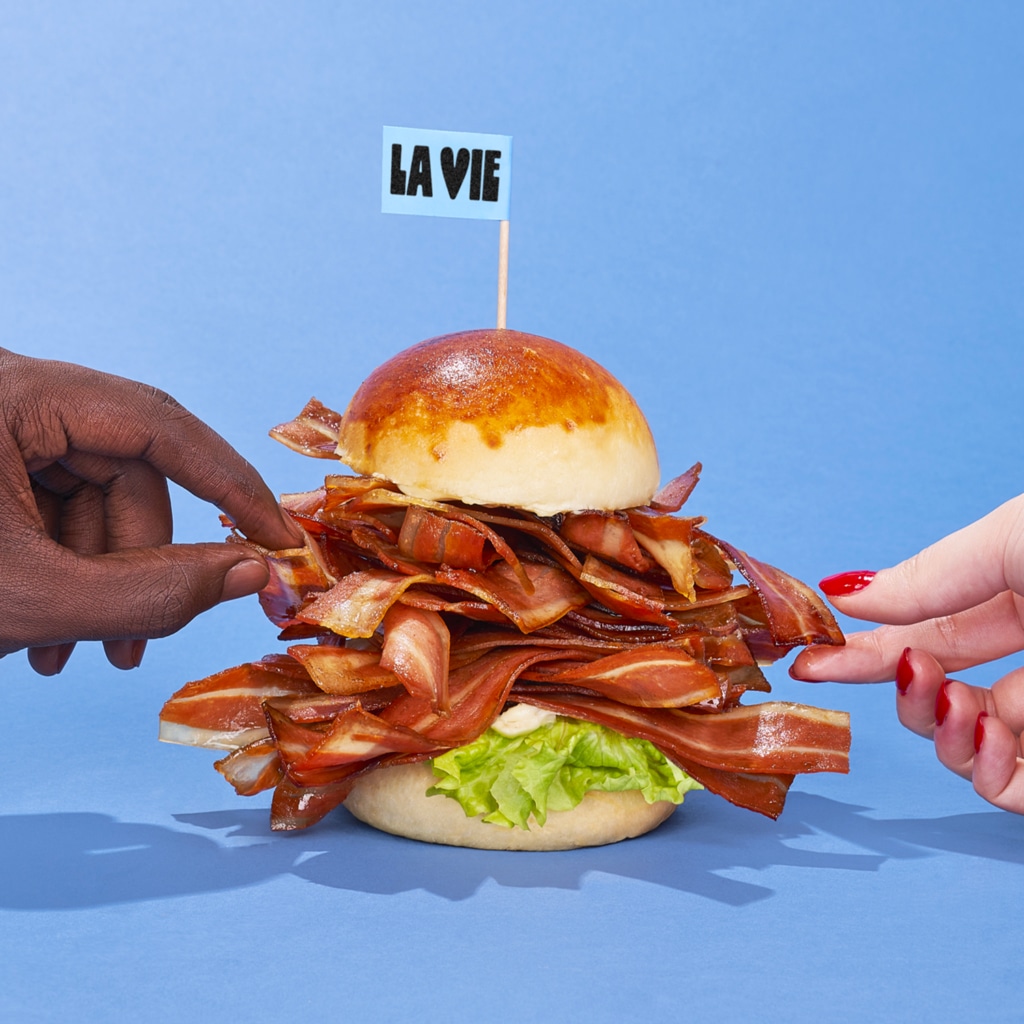 La Vie
La Vie
Imart argued that the changes are about truth in labeling. “A steak is made of meat—full stop. Using these names only for real meat keeps labels honest, protects farmers, and preserves Europe’s culinary traditions,” she said. She also called lab-grown alternatives “a total aberration” and “a threat to traditional farming and real food production,” adding that consumers “deserve clarity.”
What shoppers could see on shelves
For grocery shoppers, the changes could mean a major shake-up in packaging. If the ban is adopted, familiar products like the Beyond Burger or a store-brand vegan sausage may need to be renamed as “plant patties,” “meatless rounds,” or “soy protein cylinders.” Earlier this year, a European Commission proposal listed 29 terms that could be off-limits—such as “beef,” “pork,” “chicken,” “bacon,” and “wings”—though it left wiggle room for “burger,” “sausage,” and “steak”.
That exemption didn’t survive Imart’s push, and producers worry about the impact. Europe’s plant-based meat sector was worth €3.3 billion (approximately $3.9 billion USD) in 2024 and is projected to grow nearly 19 percent annually through 2035. Requiring companies to redesign labels could raise costs, slow innovation, and leave consumers scratching their heads in the supermarket aisle.
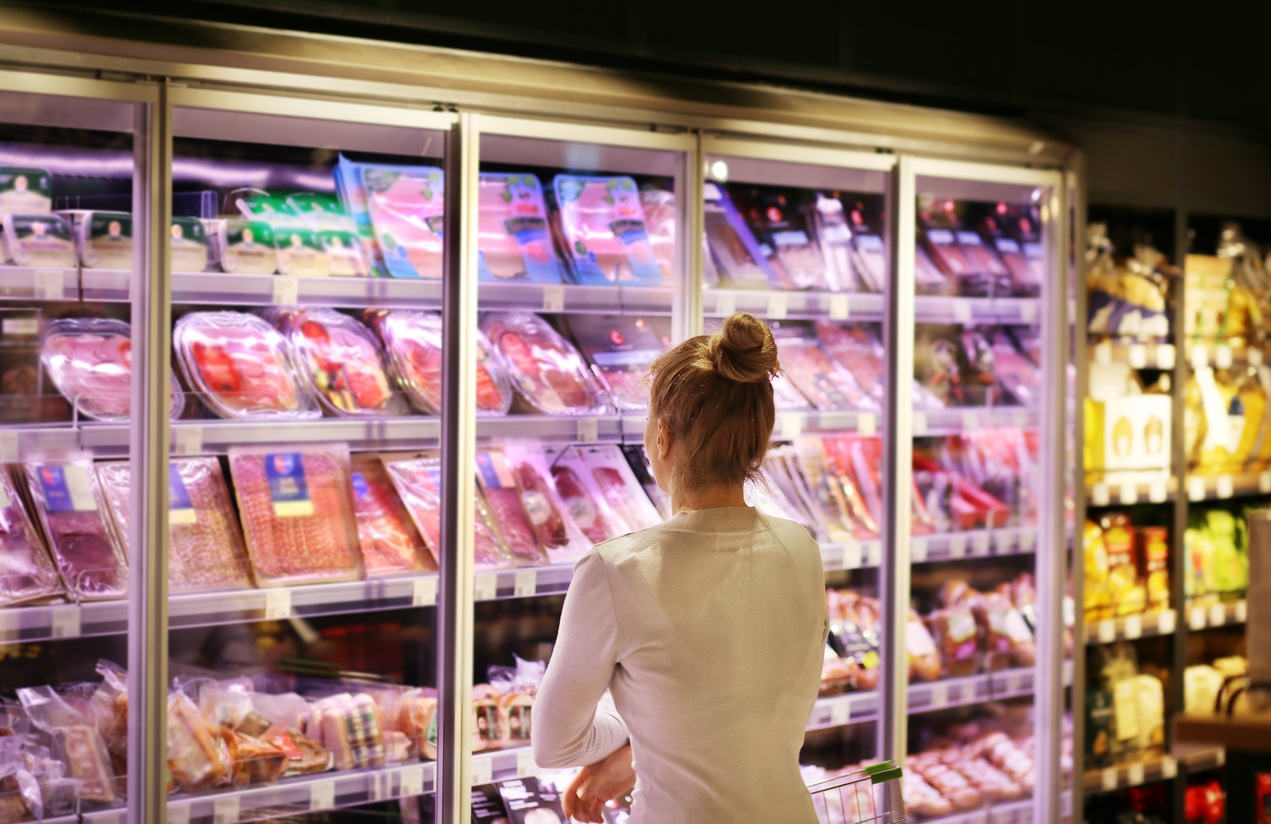 Getty
Getty
For multinational companies like Nestlé or Unilever, which have invested millions in branding plant-based meats, this could be more than a design challenge—it could confuse loyal customers who look for those words as cues. Smaller producers may be hit hardest, facing the cost of relabeling, repackaging, and marketing their products from scratch. Analysts warn this disruption could stall a market expected to grow 18.5 percent annually through 2035, reaching nearly €590 billion ($690 billion USD).
Industry groups say the familiar names help people understand what to expect when they buy a product. A joint statement from producers warned that renaming could “introduce legal uncertainty and unnecessary complexity to a system that has proven to be clear and effective,” adding that surveys show consumers are not confused when a package clearly says “vegan” or “plant-based.” Research also suggests names matter more than some policymakers admit. Studies show consumers are more likely to try plant-based options when those foods carry familiar descriptors like “burger” or “sausage” rather than abstract names.
What about milk, cheese, and eggs?
This isn’t the first naming battle to hit the plant-based sector. Dairy alternatives have long been targeted by restrictions. EU law already prohibits vegan milk alternatives from using the word “milk” unless the product comes from an animal, with limited exceptions such as “coconut milk.” That’s why brands sell “oat drink” or “soy beverage” in Europe instead of “oat milk.” In 2017, the Court of Justice of the European Union cemented this rule, siding with Germany’s dairy lobby in a case that restricted terms like “tofu butter” and “soy milk.”
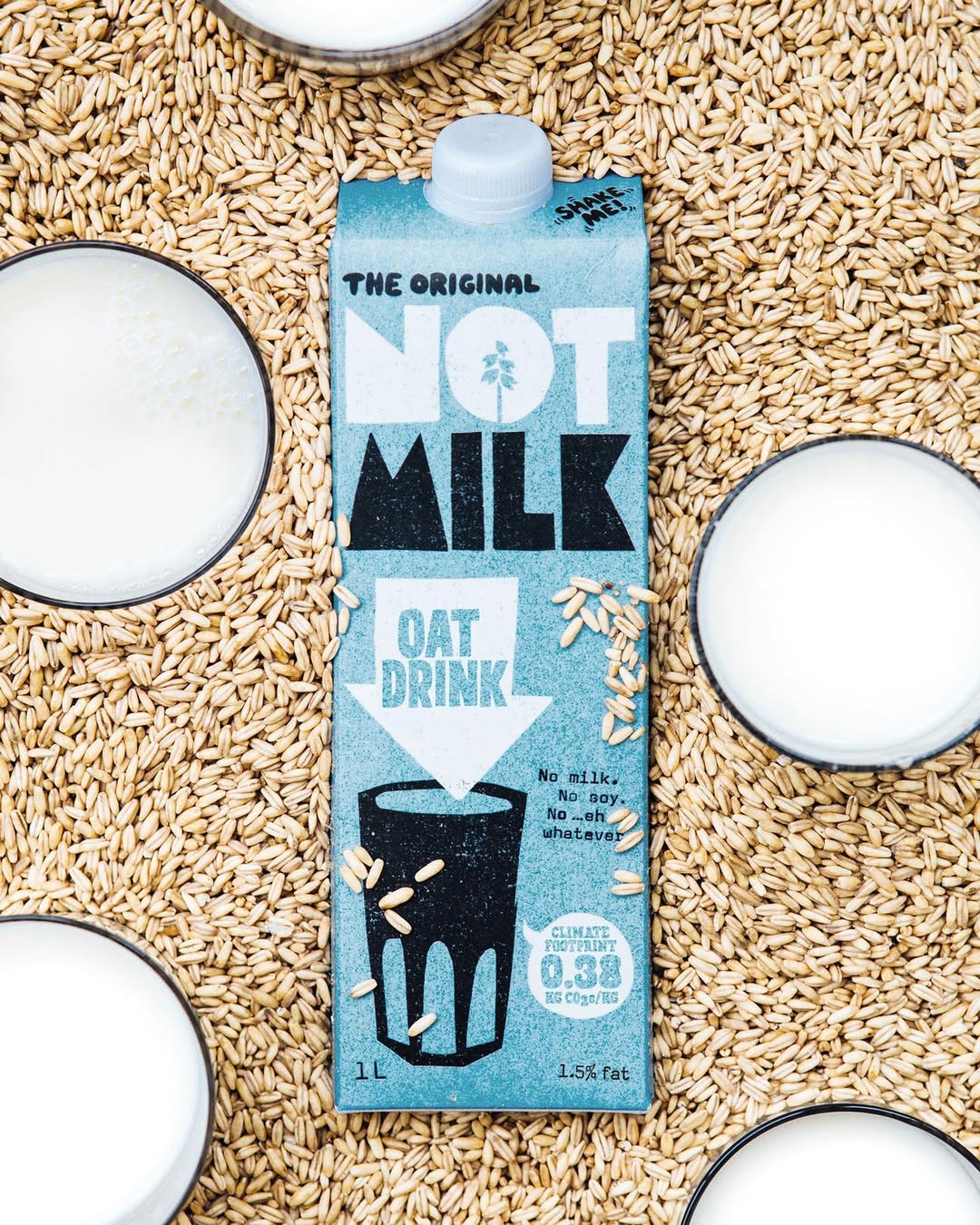 Oatly
Oatly
The fight extended to cheese as well. Producers are barred from calling cashew-based spreads “cheese,” leading to awkward phrases like “vegan alternative to cheese.” Egg substitutes face similar barriers. While American grocery shelves stock “Just Egg,” in Europe, products often carry more clunky descriptions such as “plant-based scramble mix.”
These precedents suggest that if meat terminology is banned, consumers could see plant-based meats go down the same confusing path as dairy-free drinks and cheese alternatives. For shoppers, that means extra label reading and less intuitive packaging. For brands, it means walking a tightrope between staying compliant and keeping products appealing.
Ordering out in Europe
Restaurants would also need to adjust. Instead of ordering a vegan burger in Berlin or a chickpea sausage in Paris, diners could be faced with menus listing “veggie discs” or “meatless rolls.” For locals and travelers alike, this could mean learning how to decode a new set of terms.
BECOME A VEGNEWS VIP: Get exclusive product deals, freebies, and perks galore!
Consumer surveys back up the idea that most people don’t find the current system confusing. A 2020 European Consumer Organization study found as many as eighty percent of shoppers supported the use of meat-like names for vegan alternatives, so long as labels made the products’ plant-based identity clear. The European Court of Justice has also ruled that member states cannot block companies from using words like “burger” or “sausage” if the ingredients are accurately listed.
 Jessie McCall
Jessie McCall
Eurogroup for Animals described the proposal as “unnecessary, unjustified, and counterproductive.” It continued, stating: “It lacks evidentiary support, contradicts EU simplification and sustainability goals, and threatens a fast-growing industry that contributes to environmental, health, and food security objectives.”
The debate now heads to the full Parliament in October. If passed, the rules could roll out within months, setting off a wave of rebranding in grocery stores and reshaping menus at restaurants across Europe. For consumers, the next trip to the market or dinner out may become a linguistic guessing game—decoding whether “protein cutlets” or “veggie rounds” are what once were burgers and sausages.
When will consumers see the changes?
If Parliament approves the proposal next month, the new rules could roll out within a year, giving companies time to adjust packaging, menus, and advertising.
But the fallout would be immediate in grocery aisles and restaurants, where clarity and recognition are critical for purchase decisions.
For more plant-based stories like this, read:
JUMP TO ... Latest News | Recipes | Guides | Health | Subscribe



